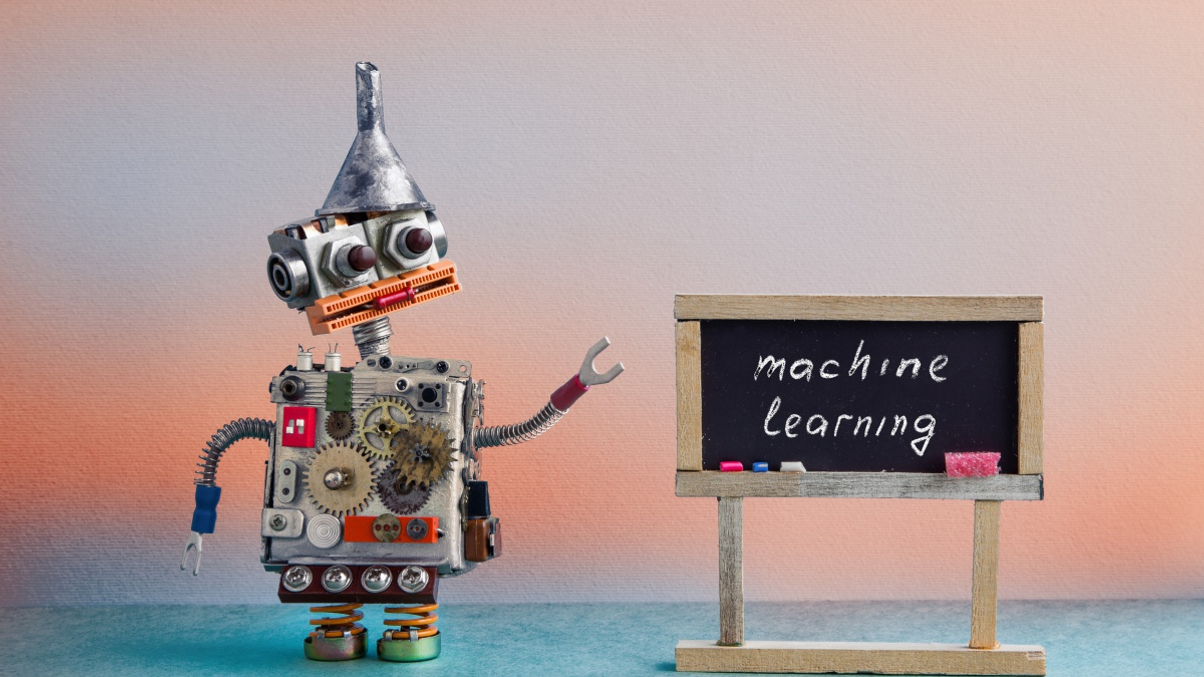The drawbacks and benefits of next-gen AI funds
Artificial intelligence funds failed to perform well during the market volatility in early 2018. What does this say about their value versus human-operated rivals?

Many fund houses are divided upon their views of artificial intelligence (AI) funds. Some see them as an existential challenge. Others, a major opportunity to cut costs and improve fund investing accuracy.
Sign in to read on!
Registered users get 2 free articles in 30 days.
Subscribers have full unlimited access to AsianInvestor
Not signed up? New users get 2 free articles per month, plus a 7-day unlimited free trial.
¬ Haymarket Media Limited. All rights reserved.


